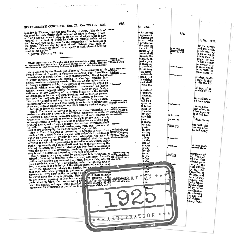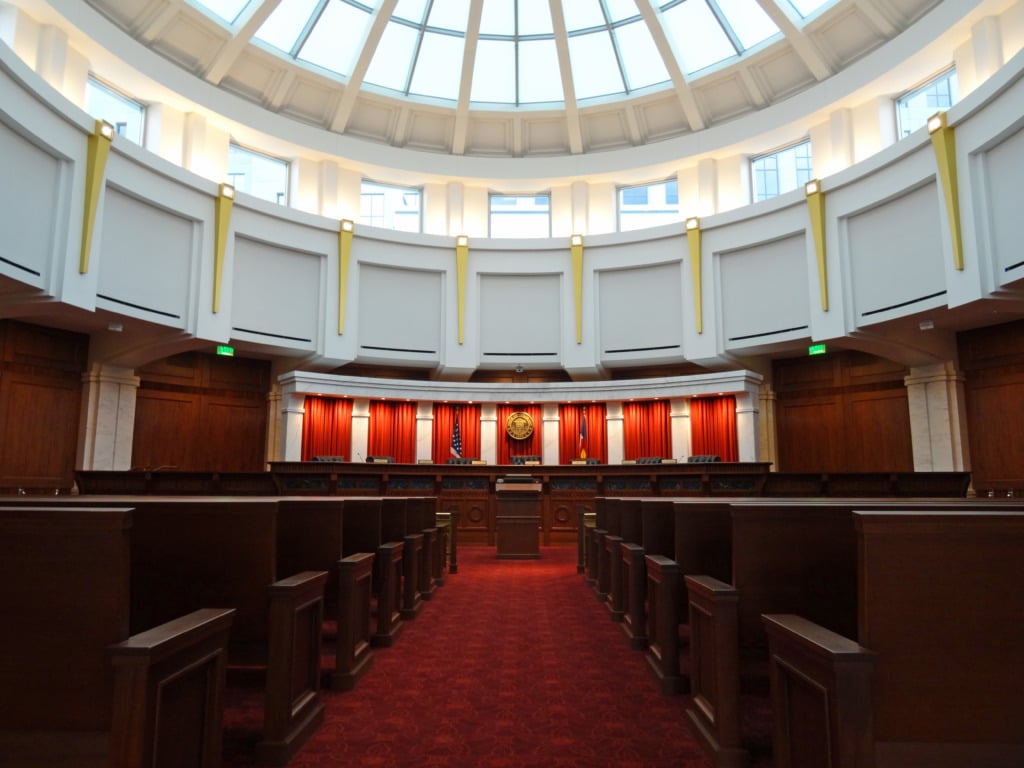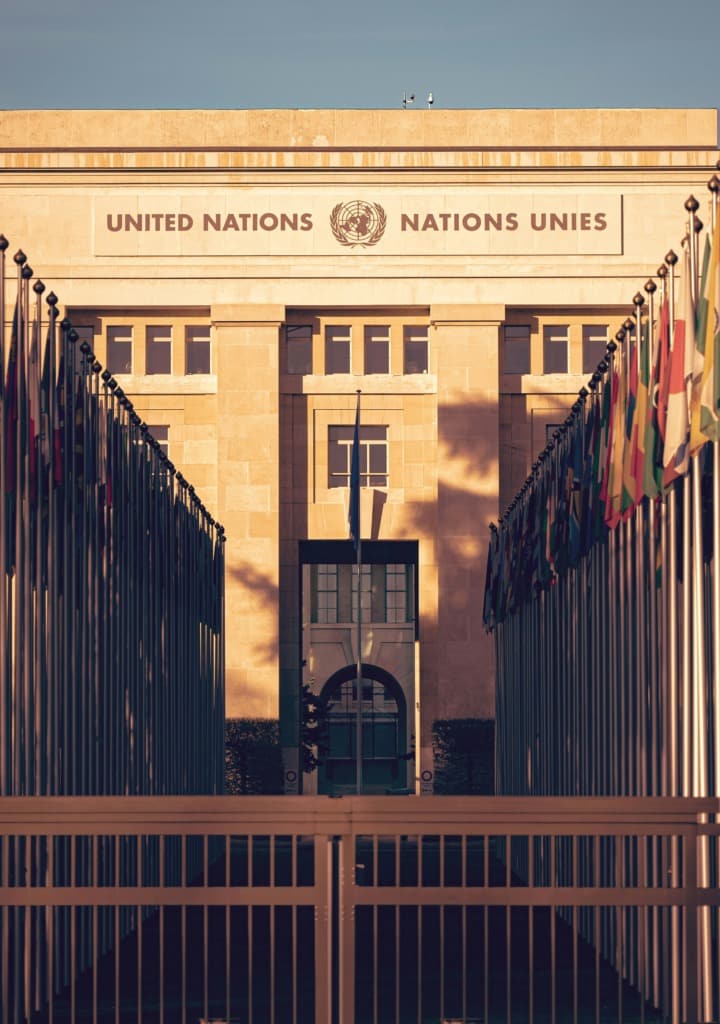The Jurisdictional Battle Over Which Court Will Adjudicate the Trump Tariff Challenges
Last week, two courts enjoined the Trump administration tariffs that Trump purported to promulgate by executive order pursuant to the International Emergency Economic Powers Act (IEEPA). In a May 28 ruling in V.O.S. Selections Inc. v. U.S., the Court of International Trade (CIT) issued a permanent injunction against the government defendants, and in a May…
Continue ReadingOne Century of Arbitration in the United States: Call for Papers
To celebrate the one hundredth anniversary of the Federal Arbitration Act, Transnational Dispute Management(TDM) is publishing a special issue, “One Century of Arbitration in the United States: The Federal Arbitration Act at Home and Abroad,” edited by Professor Björn Arp and Professor Kiran Nasir Gore. Proposals may be submitted to info@transnational-dispute-management.com and will be reviewed…
Continue ReadingRecent Scholarship on Sovereign Immunity from Executive Measures
Immunity protects the assets of foreign sovereigns from the jurisdiction of domestic courts. Customary international law requires such immunity, which is also conferred in the United States by the Foreign Sovereign Immunities Act (FSIA). An important question about sovereign immunity is whether it also protects the assets of foreign sovereigns from executive branch or administrative…
Continue ReadingThe Personal Jurisdiction Case With Everything
In one of my favorite moves, The Princess Bride, the grandfather describes the story as having everything: “Fencing! Fighting! Revenge! Giants! Chases! Escapes! True love! Miracles!” This scene popped into my head when I was reading a recent decision by the Court of Appeals of Texas (Fourteenth District). That opinion, Certain Underwriters at Lloyd’s London…
Continue ReadingWhy Canada’s Terrorism Exception Does Not Violate International Law
Like the United States, Canada has an exception in its State Immunity Act (SIA) for state supporters of terrorism. Canada has put Iran and Syria on the list of states against which claims for terrorism may be brought in Canadian courts. Under the SIA, Canadian courts have found Iran liable for shooting down a Ukraine…
Continue ReadingThe Many Uses of the Forum Selection Clause
The forum selection clause is the Swiss Army Knife of transnational litigation. Among other things, it may be invoked to: obtain personal jurisdiction over a defendant who otherwise lacks any connection to the chosen jurisdiction; dismiss a case filed in a jurisdiction other than the one named in the clause; defeat an attempt to enforce…
Continue ReadingSecond Circuit Finds Provision of New York Convention Self-Executing
The Constitution’s Supremacy Clause states that “all Treaties made, or which shall be made, under the Authority of the United States, shall be the supreme Law of the Land,” but the U.S. Supreme Court has long distinguished between self-executing and non-self-executing treaties. Self-executing treaty provisions are effective as federal law without implementing legislation. Non-self-executing treaty…
Continue ReadingColorado Supreme Court Blesses Climate Case
Climate litigation remains a hot topic (pun intended). This post briefly summarizes an important recent decision from the Colorado Supreme Court. [Disclosure: I have filed amicus briefs in other climate change litigation arguing that those cases do not interfere with the foreign relations of the United States.] As readers of TLB will know, a common…
Continue ReadingCall for Paper Proposals—ASIL Midyear Meeting
The American Society of International Law is soliciting scholarly paper proposals for the 2025 ASIL Research Forum to be held at ASIL’s Midyear Meeting, September 25-27, at Case Western Reserve University School of Law in Cleveland Ohio. Abstracts can be submitted by clicking here and then clicking on “Call for Paper Proposals.” The deadline is…
Continue ReadingOn UNRWA’s Immunity
[This post originally appeared at TWAILR and is reprinted here with the author’s permission.] The U.S. government’s attack on the United Nations Relief and Works Agency for Palestine Refugees in the Near East (UNRWA), and indeed on the UN itself, has taken on new form. After instituting an extended freeze on U.S. funding to the…
Continue Reading








